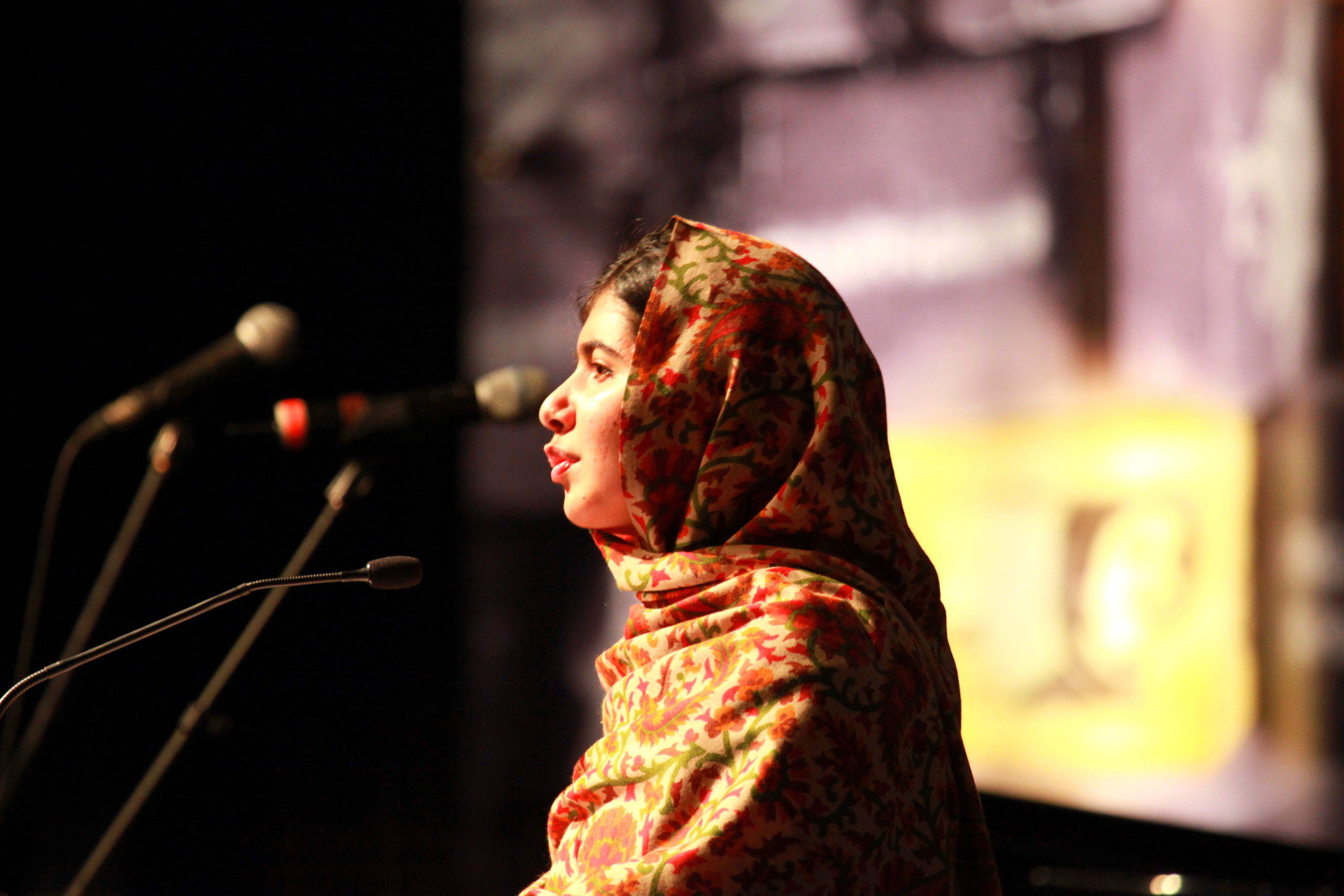DOWNLOAD PDF
THE ISSUE
States have an obligation to respect the rights to freedom of thought, conscience, and religion or belief, and to protect those rights against acts committed by non-state actors that would impair the enjoyment of the rights. In Pakistan, this right is under assault.
THE HUMAN COST
Junaid Hafeez, 33, is a Fulbright Scholar and a university professor in Multan, Punjab who was sentenced to death on December 21, 2019 on blasphemy charges. There have been severe violations at every stage of his case: during detention, trial, and sentencing. He was arrested over his social media activity and has been in solitary confinement since June 2014.
There were severe delays in his trial, with frequent judge transfers. His first defense lawyer, Rashid Rehman, was gunned down in his office in May 2014 after receiving threats in open court for defending Junaid.
The country’s draconian blasphemy laws violate human rights, both in their substance and their application. In Pakistan, blasphemy laws have a long history. They were first introduced during the British colonial era, but were expanded under the military government of General Zia-ul-Haq and again during the 1990s government headed by Prime Minister Nawaz Sharif. The laws do not meet human rights standards and lack essential safeguards to minimize the risk of additional violations and abuses. While they purport to protect religious sentiments – mainly those of the Muslim majority—there are ulterior motives such as professional rivalry, personal disputes, hostility to towards religious minorities, and seeking economic gains that often drive a blasphemy allegation with deadly consequences. Under Pakistani law, the death penalty is the mandatory punishment for those convicted of blasphemy under Section 295-C. At least 40 people are currently on death row on blasphemy charges.
The blasphemy laws create an environment in which some people—including complainants and their supporters—believe themselves entitled to take the law into their own hands, with violent mobs attacking the accused while the police stand aside. Even if a blasphemy-accused defendant makes it to court, there are serious security and fair trial concerns that all but guarantee a wrongful sentence. Appeals and acquittals are often delayed, and the accused face serious risks to their safety throughout the process, rendering the the blasphemy laws in complete contravention of religious freedom.
TALKING POINTS
- Pakistan’s blasphemy laws are often used to target religious minorities and embolden vigilantes prepared to threaten or kill the accused, and they ensnare the accused in a system that offers them few protections and presumes them guilty. They must be repealed.
- A pall of fear hangs over those working in Pakistan’s criminal justice system, preventing lawyers, police, prosecutors, and judges from carrying out their jobs effectively. Lawyers who have defended people accused of violating blasphemy laws have been targeted by mobs and gunned down in the street. There is no justice in such a system.
- The U.S. must recommit itself to promoting religious freedom across the world. Given the U.S.’s longstanding relationship with Pakistan, we will use all diplomatic means to urge Pakistani authorities to protect individuals ensnared by these draconian laws.
RECOMMENDATIONS
- The U.S. should direct its permanent representative to the UN to repeatedly raise concerns about Pakistan’s blasphemy laws, to use all relevant UN mechanisms to urge the Pakistani authorities to repeal the laws, and—pending appeal—to put procedural safeguards in place to prevent the abuse of the blasphemy laws.
- The U.S. should dispatch the United States Ambassador at Large for International Religious Freedom to Pakistan to urge the Pakistani government to immediately and unconditionally release those deprived of their liberty under the blasphemy laws.
- The U.S. must ensure that any training or cooperation in regard to the criminal justice sector in Pakistan, including police and other law enforcement officials, prosecutors, defense lawyers, and judges, includes a specific human rights component, particularly in regard to their specific roles in respecting and protecting human rights in blasphemy cases.
ADDITIONAL RESOURCES
- Authorities in Pakistan must unconditionally release Junaid Hafeez (2019) (available here)
- Research: ‘As Good As Dead’ – The Impact of Blasphemy Laws in Pakistan (2016) (available here)
FOR MORE INFORMATION, PLEASE CONTACT:
Daniel Balson
Advocacy Director, Europe and Central Asia
(202) 509-8132
